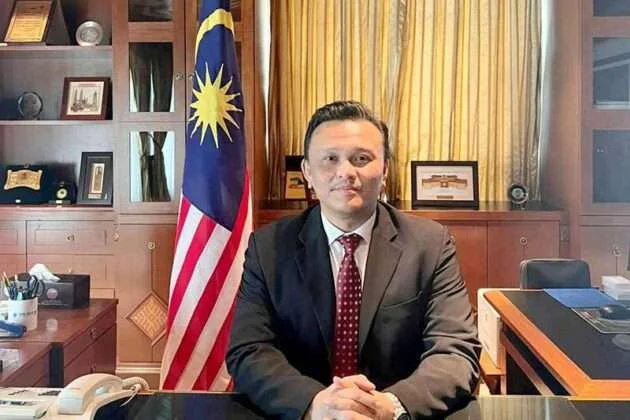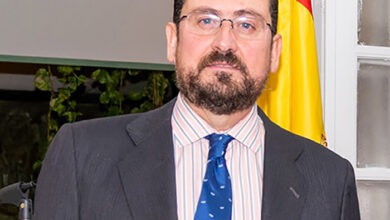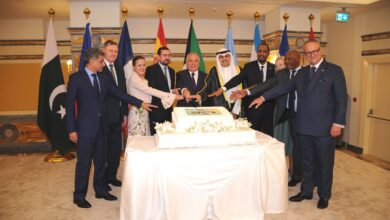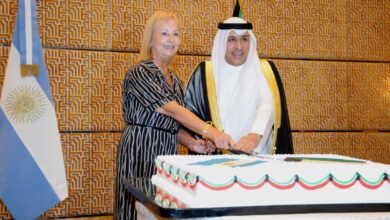ASEAN Matters: Epicentrum of Growth

By Alauddin Mohd Nor
Ambassador of Malaysia to Kuwait
Chairman of the ASEAN Committee in Kuwait (March 2023 – August 2023)
Fifty-six years ago on 8 August 1967, the five founding nations of the Association of Southeast Asian Nations (ASEAN) — Indonesia, Malaysia, the Philippines, Singapore, and Thailand — signed the Bangkok Declaration. That historic occasion took place against the backdrop of geopolitical rivalry and during a tumultuous period in the region. The newly founded countries in Southeast Asia believed that in order to navigate through the unsteady waters of international politics, it would be best to do it together.
The founding nations also believed that peace and stability was absolutely essential in order for the region and its people to prosper and progress. It was due to this belief and the collective efforts of all ASEAN Member States that the region has remained relatively peaceful and stable. It has continued to grow and prosper and the peoples are better off now than they were almost six decades ago.
However, the journey has certainly not been easy. In fact, on many occasions we faced many challenges. To mention a few; territorial and border disputes, instability in individual Member States, the rise of extremism and terrorism, as well as economic and financial crises are just a few of the challenges that ASEAN has had to deal with. There are many more. But we have managed to overcome them due to our resolve in accomplishing what our founding five had laid out.
As concluded under the Bangkok Declaration, “the Association represents the collective will of the nations of Southeast Asia to bind themselves together in friendship and cooperation and, through joint efforts and sacrifices, secure for their peoples and for posterity the blessings of peace, freedom and prosperity”.
Having established the ASEAN Community in 2015, we are now developing the ASEAN Community’s Post-2025 Vision which will be adopted in two years’ time. This new framework will outline ASEAN’s future strategic course for the next two decades. In order to achieve its long-term strategic objectives, ASEAN must show more assurance and willingness to seize opportunities that will benefit our people and the region.
Despite facing a number of difficulties, the region’s ongoing growth gives us hope. ASEAN’s economy is expected to expand by 4.7 percent in 2023 and 5 percent in 2024 driven by healthy domestic demand, net exports, and a quicker rebound in the services sector. We are determined to make Southeast Asia the center of regional economic growth and a driving force for global growth by ensuring that ASEAN remains relevant, competitive, forward-thinking, resilient, and responsive to future regional and global challenges, as well as to strengthen the region’s capacity as a growth engine.
Closer to home, being a member state of the Gulf Cooperation Council (GCC), we welcome Kuwait’s continued interest to further bolster its engagement with ASEAN. We also look forward to bringing GCC-ASEAN relations to greater heights as well as to building concrete cooperation at the inaugural GCC-ASEAN Summit scheduled to be held in October 2023 in Riyadh, Kingdom of Saudi Arabia. This initiative represents a significant step towards strengthening strategic collaboration between the two organizations.
Reflecting the progress made over the years, we certainly have much to celebrate, which resonates well with the theme for this year’s 56th ASEAN Day, ‘ASEAN Matters: Epicenter of Growth’ under the able chairmanship of Indonesia. The future of ASEAN looks more promising as it will bring about new opportunities not just for the people of ASEAN but also the broader global community. On this note, I would like to wish all of you a “Happy ASEAN Day”.















